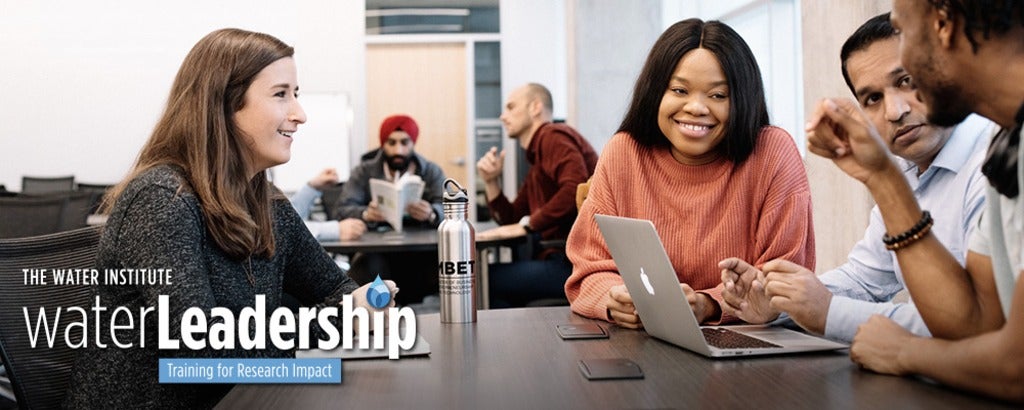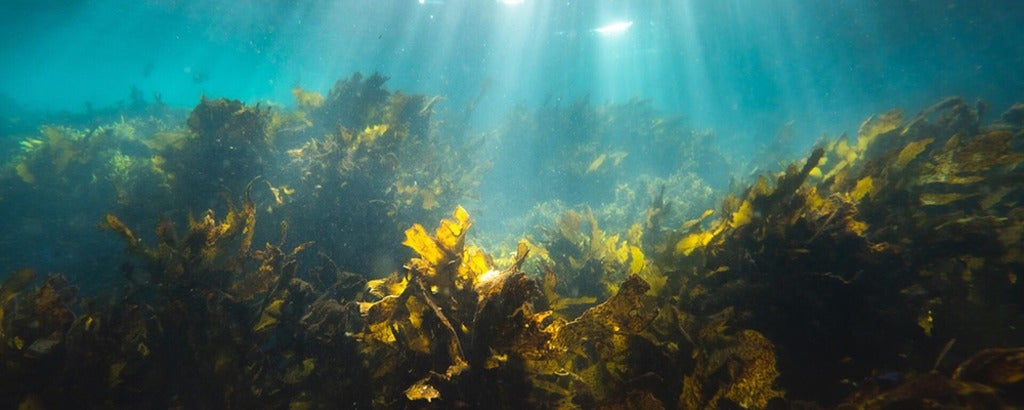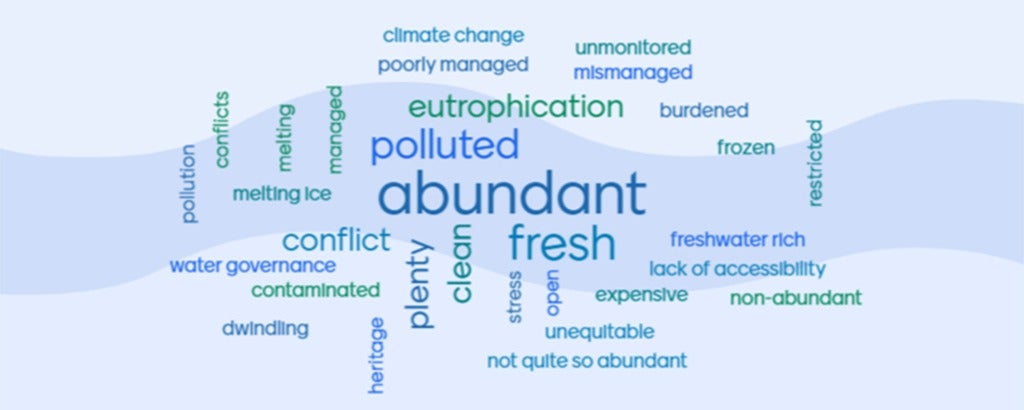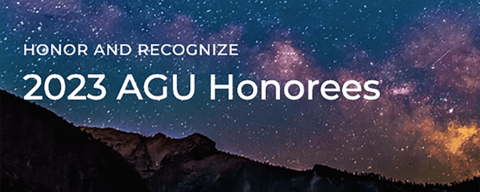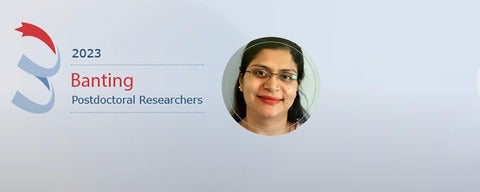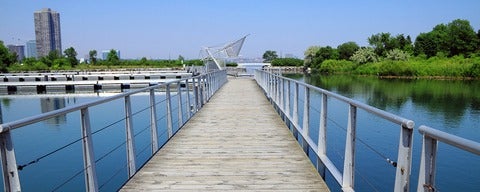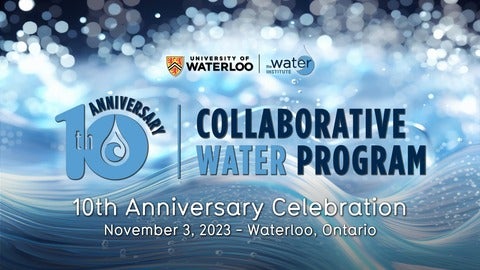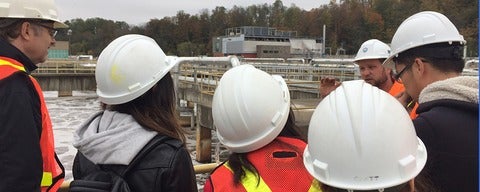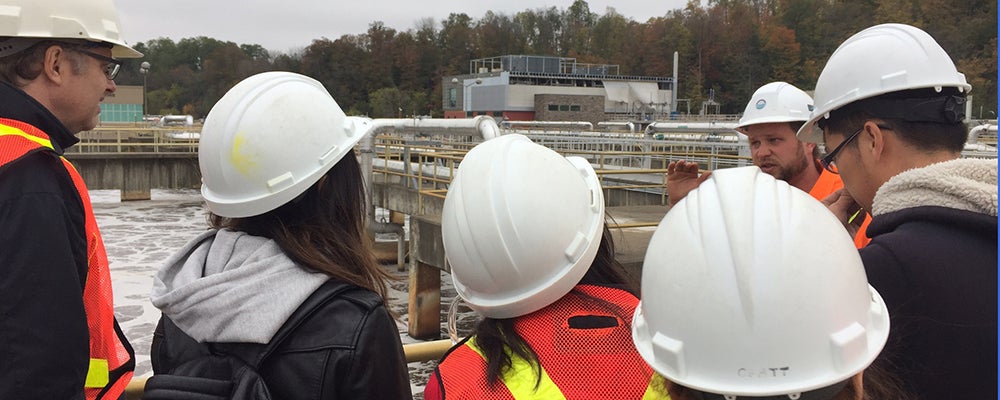New WaterLeadership series launched
Be part of the change for a secure water future
WaterLeadership is a professional skills development program offered by the Water Institute to support the advancement of emerging global water leaders. Through the program, participants will develop the skills and networks needed to move their research into action to support informed decision-making.
